Some foods, when combined, can create harmful substances, affecting your body’s health. Let’s explore the foods that pregnant women should avoid combining.
Note: This article is for reference only and does not replace medical diagnosis or treatment.
1 The Harm of Eating Incompatible Foods
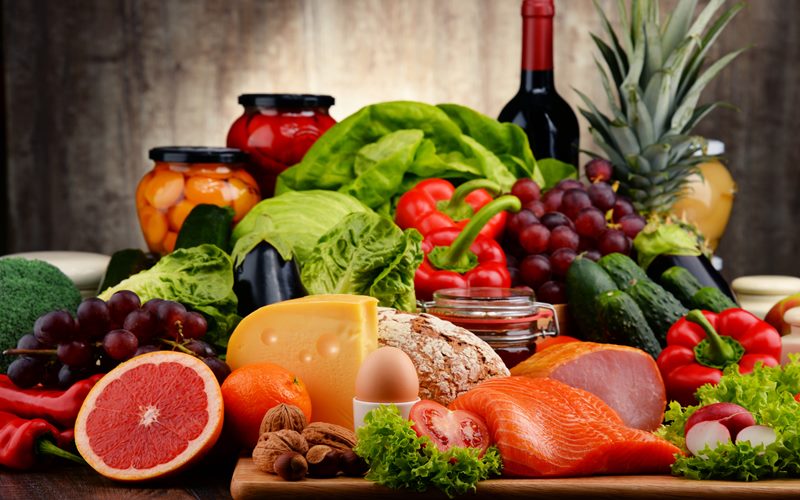 Harmful Effects of Eating Incompatible Foods
Harmful Effects of Eating Incompatible Foods
While certain foods offer numerous health benefits, combining them with others can have adverse effects. Some incompatible food pairs include goose meat with pears, and with …
Consuming incompatible foods can lead to stomach aches, fever, indigestion, and insomnia. Worse still, if the combination creates dangerous toxins, it may result in premature birth, miscarriage, and other serious complications.
2 Foods Pregnant Women Should Not Eat Together
Here are ten incompatible foods that pregnant women should avoid eating together to maintain their health:
Goose Meat and Pears
These two foods should be avoided by pregnant women as they can cause high fever.
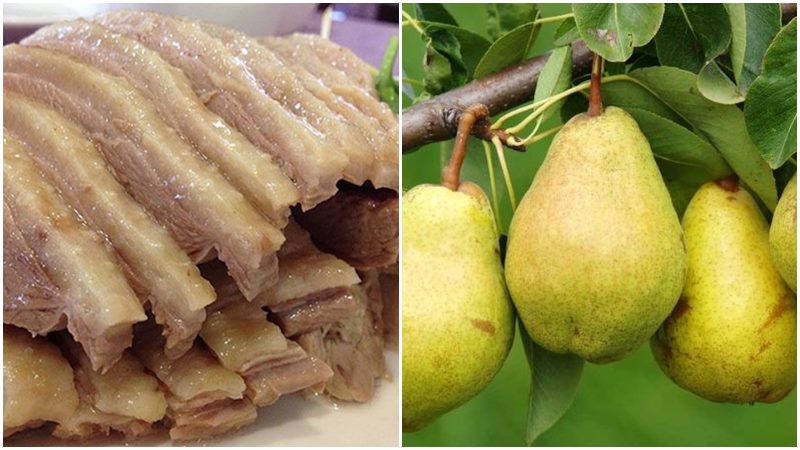 Goose Meat and Pears
Goose Meat and Pears
Soy Milk and Eggs
Although both soy milk and eggs provide ample nutrition for mothers and their babies, combining them hinders protein absorption. The protidaza in soy milk interferes with egg protein absorption, leading to stomach aches, indigestion, and insomnia.
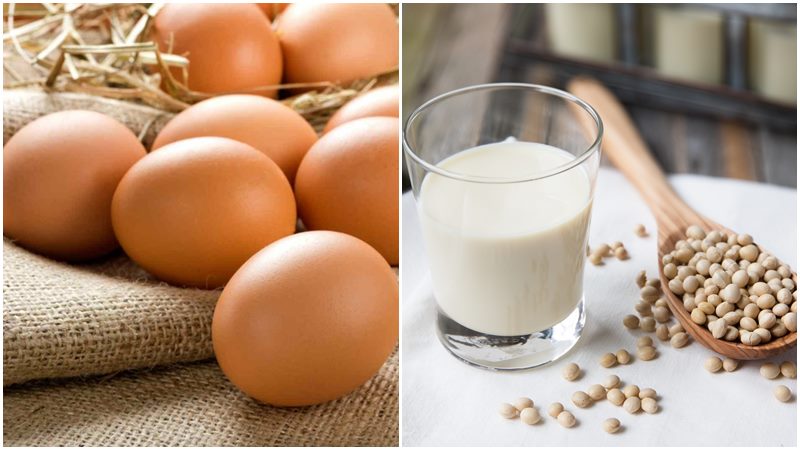 Soy Milk and Eggs
Soy Milk and Eggs
Spinach and Tofu
Spinach contains oxalic acid, while tofu has magnesium chloride and calcium sulfate. These substances interact to form magnesium and calcium oxalates, hindering calcium absorption and increasing the risk of kidney stone formation.
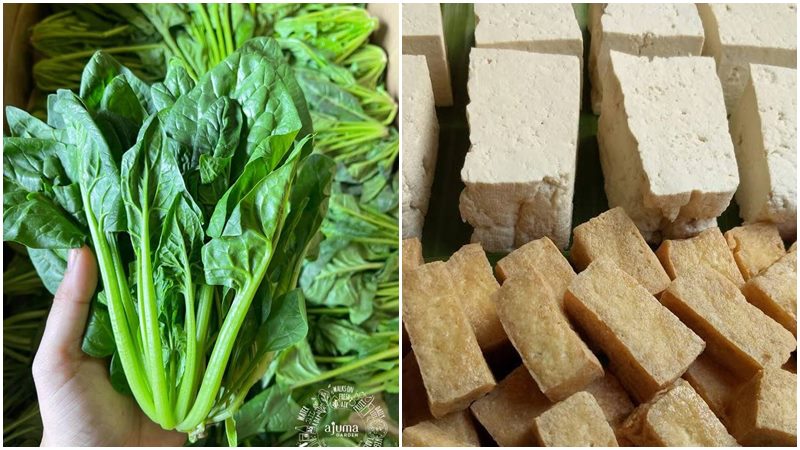 Spinach and Tofu
Spinach and Tofu
Cucumber and Tomato
and are incompatible foods. Cucumbers are rich in digestive enzymes, while tomatoes provide vitamin C. Combining them hinders the absorption of this vitamin.
Tea and Eggs
Consuming tea and eggs together can cause digestive issues and stomach aches in pregnant women.
 Tea and Eggs
Tea and Eggs
Seafood and Beer
Pregnant women should avoid eating seafood like , , and snails, as they contain high levels of purines and nucleotides. Meanwhile, contains which can break down these compounds in seafood. This combination can cause diarrhea, hair damage, and negatively impact fetal development.
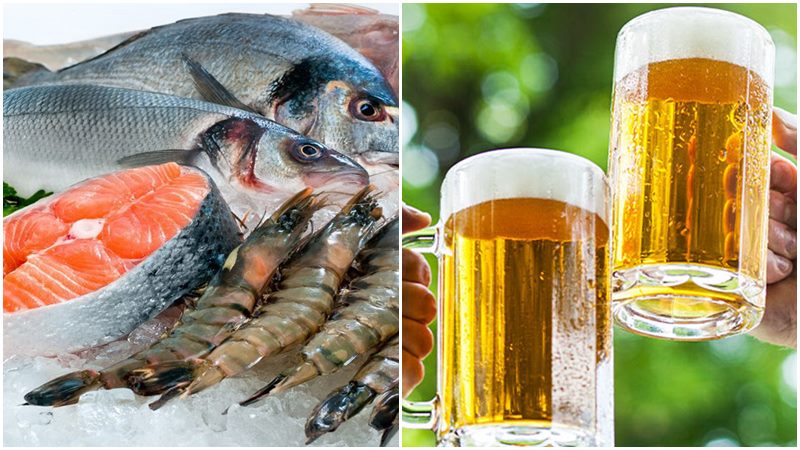 Seafood and Beer
Seafood and Beer
Milk and Chocolate
contains calcium and , while is rich in oxalic acid. Combining these foods can lead to diarrhea, indigestion, and potential harm to the fetus.
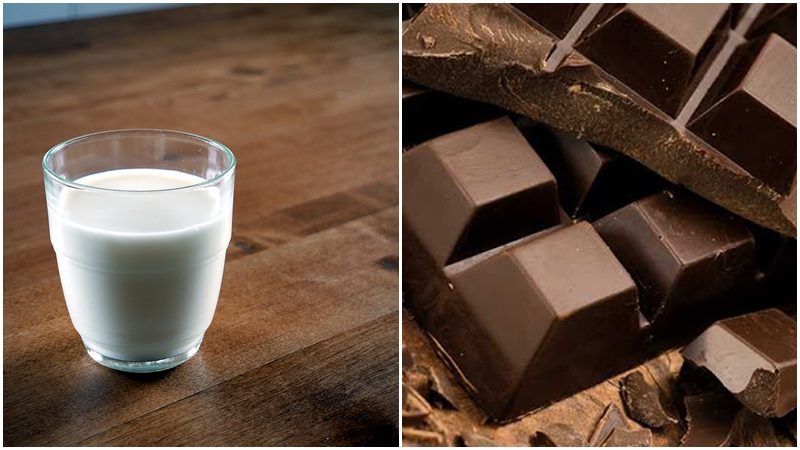 Milk and Chocolate
Milk and Chocolate
Beef and Shrimp
and are incompatible as the iron in beef and the calcium in shrimp reduce each other’s absorption, resulting in a loss of nutrients.
Liver and Bean Sprouts
Animal liver should not be stir-fried with bean sprouts as the vitamin C in bean sprouts oxidizes the copper in the liver, reducing the nutritional value of the dish.
Turnips and Grapes
Pregnant women should avoid consuming with as certain compounds in grapes react with turnips’ sulfur cyanogen acid, leading to hypothyroidism and goiter.
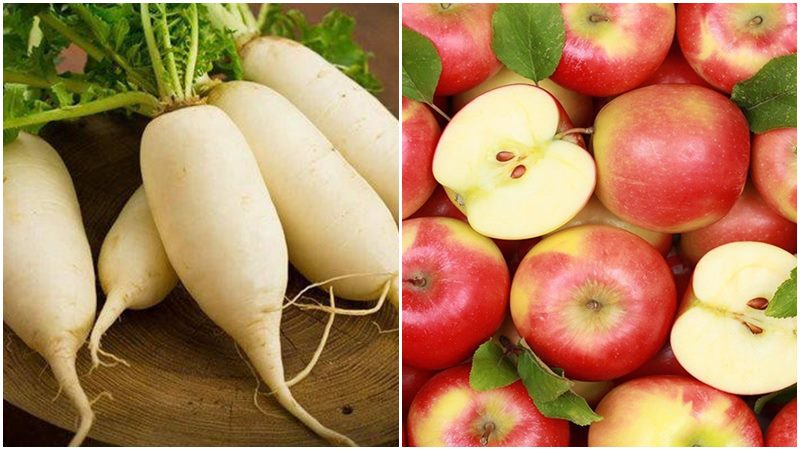 Turnips and Grapes
Turnips and Grapes
This article has provided an overview of ten incompatible foods that pregnant women should avoid combining to maintain their health and ensure a healthy pregnancy. We hope you found this information helpful and can apply it to your daily life to protect your well-being and that of your unborn child.
Source: Marrybaby.vn
2. Deli Meat: Avoid cold cuts, hot dogs, and processed meats due to the risk of listeria contamination.
3. Raw Eggs: Raw or undercooked eggs may carry salmonella, so cook them thoroughly before consumption.
4. High-Mercury Fish: Limit or avoid consumption of fish with high mercury content, such as swordfish, king mackerel, and tuna steaks, as mercury can harm the developing nervous system of the fetus.
5. Unwashed Produce: Wash all fruits and vegetables thoroughly to remove harmful bacteria and pesticides.
6. Soft Cheeses: Some soft cheeses made from unpasteurized milk may contain listeria, so opt for varieties made from pasteurized milk.
7. Unpasteurized Juice or Milk: Drink only pasteurized juice and milk to eliminate the risk of harmful bacteria.
8. Refrigerated Smoked Seafood: Avoid lox, refrigerated smoked fish, and similar products unless they are fully cooked, as they may contain listeria.
9. Caffeine: Excessive caffeine intake has been linked to an increased risk of miscarriage and low birth weight, so limit your consumption.
10. Alcohol: There is no known safe amount of alcohol during pregnancy, as it can cause fetal alcohol spectrum disorders and other complications.





































